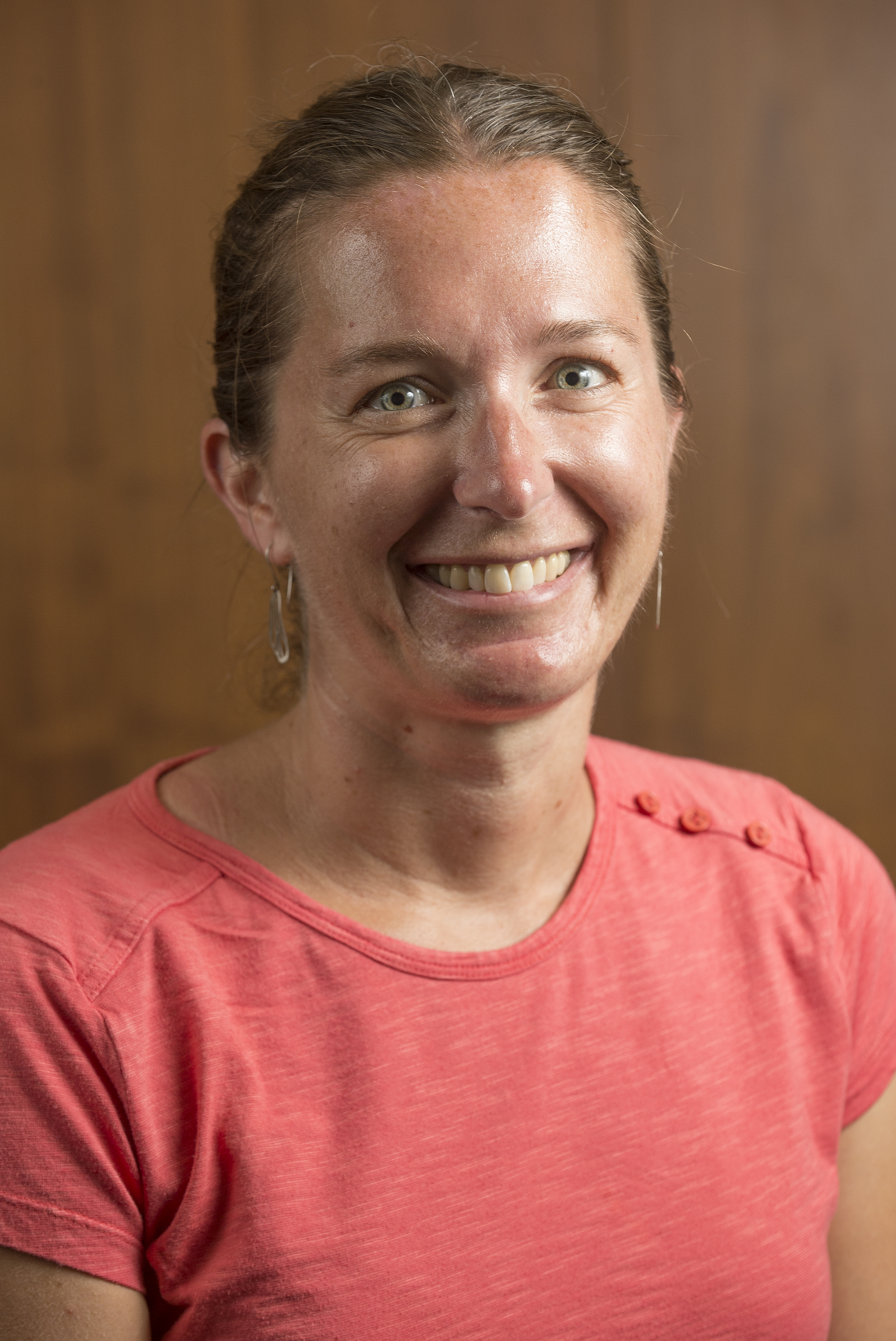
Jamie C Snyder
Professor
Department of Biological Sciences, College of Science
Phone number
909.979.5598
Office location
Office hours
M T | 1:30 PM - 3:30 PM

Professor
Department of Biological Sciences, College of Science
909.979.5598
M T | 1:30 PM - 3:30 PM